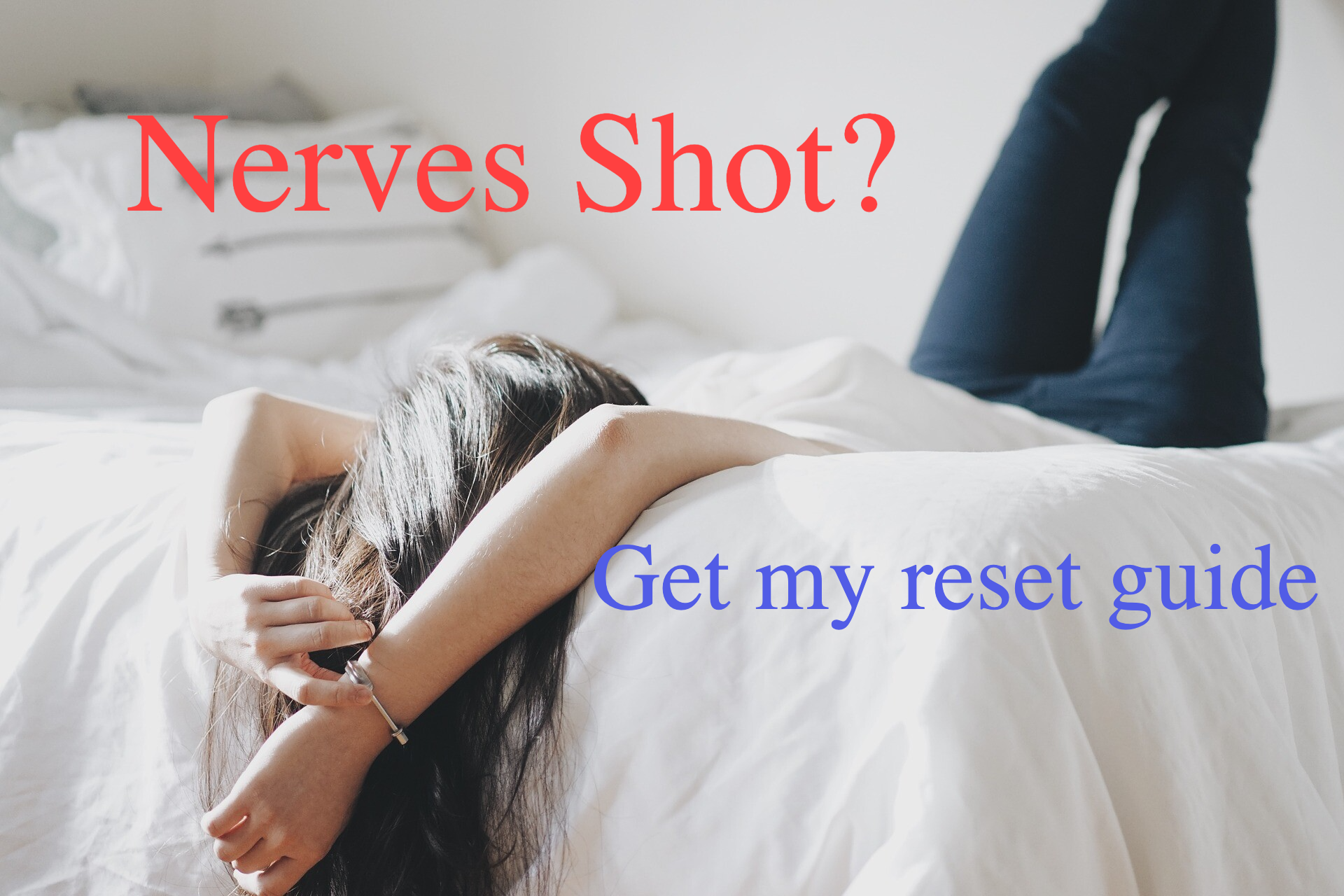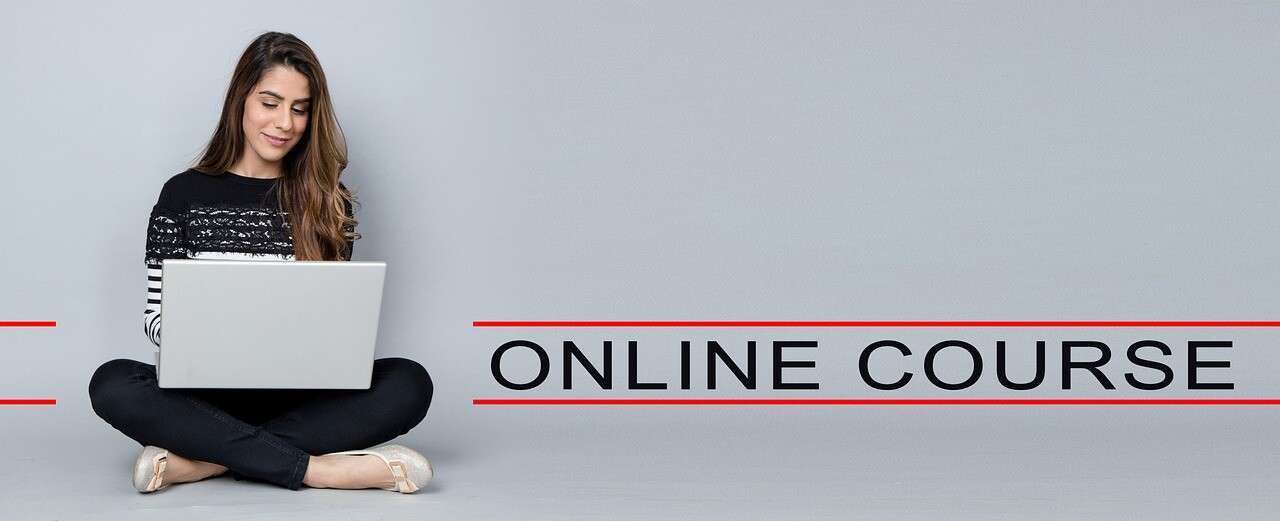
Last night I watched the never-before-seen footage of the January 6 attack on the US Capitol. On the day of the insurrection, I sat through the horror unfolding live, albeit safely from hundreds of miles away. I didn’t sleep well that night and carried the distress in my body for some days after.
Last night I felt the need to watch the brief documentation of the attack, to see the footage from the cameras inside the building and the body cameras the responding police wore.
I don’t watch much TV news; I stick to headlines that pop up in my social feeds and then look further when I need deeper understanding.
As a therapist, I often work with people who are experiencing a high level of distress, and for years I have prescribed as self-care that people consider a “news fast.” Taking some time away (from video footage especially) is important if your mental health is suffering. If your daily functioning is not going well, then you need to unplug, stat. I tell clients, “The news you need to know will find you;” if a big event happens, you will hear about it somehow.
For the rest of us, we must work with competing values – our own self-preservation (not flooding ourselves with scenes of trauma) vs. our need to stay informed to avoid complacency.
Bad news is going to keep happening. It’s just the way of the world. But I have been seeing more and more people become buried by a variation of survivor's guilt.
A familiar refrain these days among my clients is a sense of guilt because they are living normal lives when other humans in the world are suffering – wars, shootings, oppression. This guilt can drive them to watch all the updates, learn the names and stories of the victims, and feel compelled to bear witness.
I’m not here to tell you not to do any of those things, but I am here to say that you can’t possibly do this for ALL the world tragedies.
You becoming overwhelmed and suffering does not serve those people, especially if it renders you paralyzed.
In fact, those people who are impacted need us to stay well and ready to jump into action when they can’t. If your car crashes, you really don't want all the police and EMTs to be frozen from distress for your circumstances.
My prescription: find the information you need to do your part.
Your “part” may be:
- Calling or writing your legislators
- Marching in protest
- Inspiring others to act
- Caring for those impacted
- Financial donations
…Etc.
If it helps you to read rather than watch or listen, that is a reasonable way to practice "portion control."
After you do what you are able, in your circumstances, it is okay to step away.
And more than just returning to the daily grind, go further and experience with intense gratitude whatever beautiful, peaceful, secure existence you have. Be humbled and aware of your blessings, and fully appreciate what you have that others may have lost.
Being a good human does not mean we must suffer everything others are experiencing; we can do our parts in our own corners of the world.











0 Comments